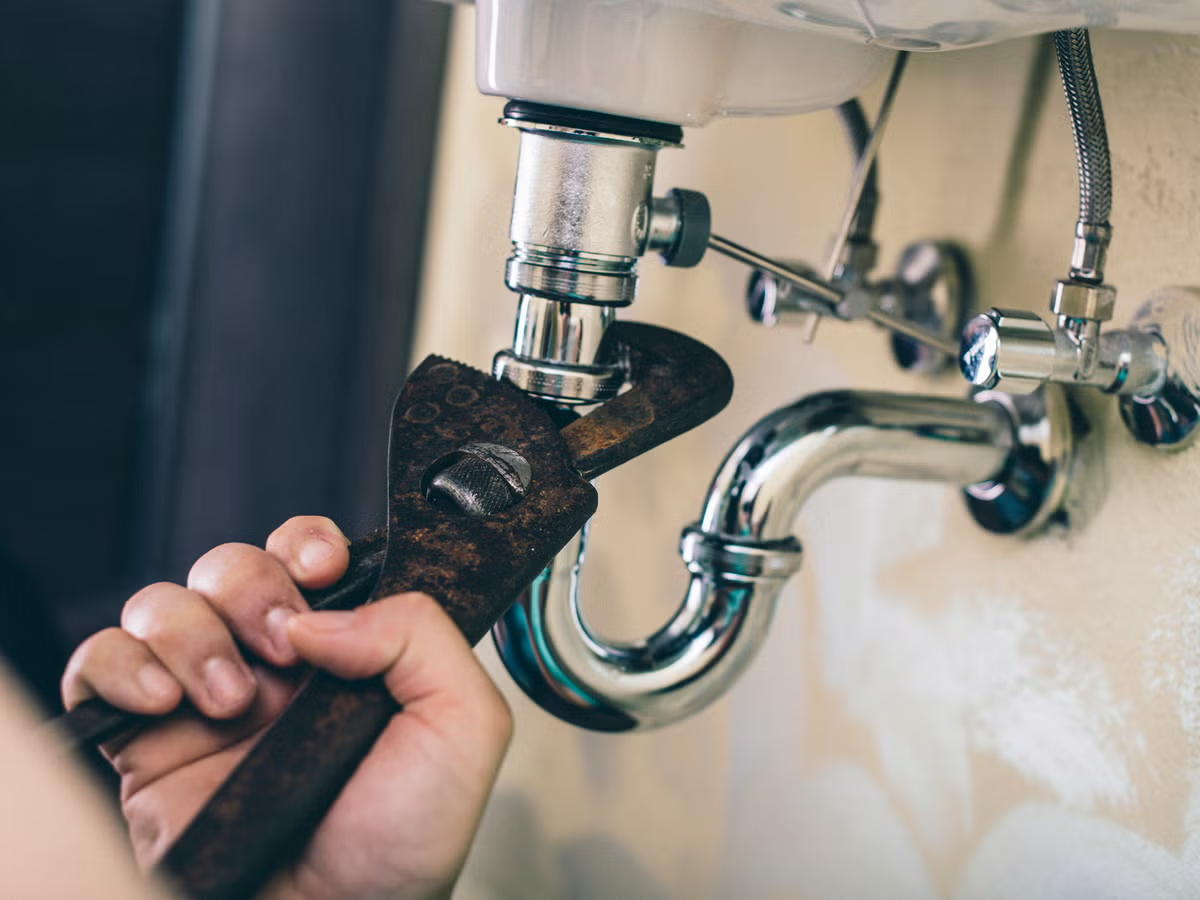Plumbing is any system which carries liquids for various uses through pipelines, ducts, or other means. Most commonly, plumbing utilizes pipes, hoses, plumbing fixtures, and other devices to carry liquids. There are three main types of plumbing systems, private, public, and communal.
Private plumbing systems are installed in houses, apartments, or any building that has only one bathroom. These are often smaller scale than public plumbing, as they are often used in private homes. Public plumbing systems are larger scale than private plumbing and are usually found in larger cities or towns. Public plumbing involves the widespread use of gravity in moving liquids; these pipes are typically connected to a centralized power source and deliver water to entire towns or cities.
Commercial plumbing systems, while not as common, do exist. They are responsible for the supply of water in large buildings such as office buildings, hospitals, schools, businesses, etc. Public places such as these rely on gravity for the movement of liquids such as water, chemicals, food, etc… Commercial pressure pipes can handle very heavy loads; they do have a lower capacity than household pipes but are used frequently, especially in large offices.
Installing any type of plumbing work requires precise measurements. These measurements are needed so that the pipes can be laid in the right place. Plumbers need to determine the area of the space where the drain or fixture will be placed, along with the diameter of the pipes involved, the material they will be made out of, and the weight of fixtures and drains. Plumbing work is done in different ways, depending on the type of fixture that is to be installed. For instance, water tanks are typically installed in ceiling areas, whereas toilets are typically installed in floor-to-ceiling areas.
A qualified plumber will know what type of plumbing repairs or installations are needed to resolve any plumbing problems. If you notice leaking faucets, slow running toilets, constant dripping taps, or faulty water heater lines, then it is time to contact a plumber. Before taking drastic actions, it is important to find out whether the problem is mechanical or structural, or if it is due to an issue with your structure.
Many people prefer to fix their own plumbing issues, but hiring a professional can ensure that the problem is fixed properly and also prevents further damage to your property. Although many people feel confident doing DIY plumbing work, there are some basic plumbing tips that are best left to a professional plumber. The first step to fixing any problem with your plumbing system is to locate where the problem is coming from. Pipes and pipelines leak every day, even if the house is built to strict codes. Having someone to inspect your property for leaks or other issues beforehand can save you valuable time that you would have spent trying to fix the problem yourself.




